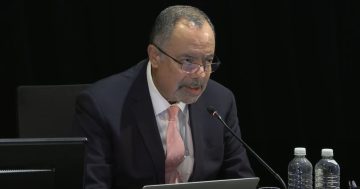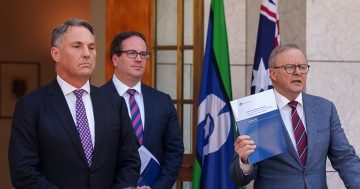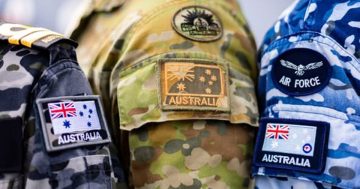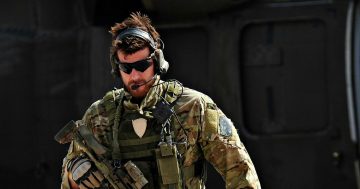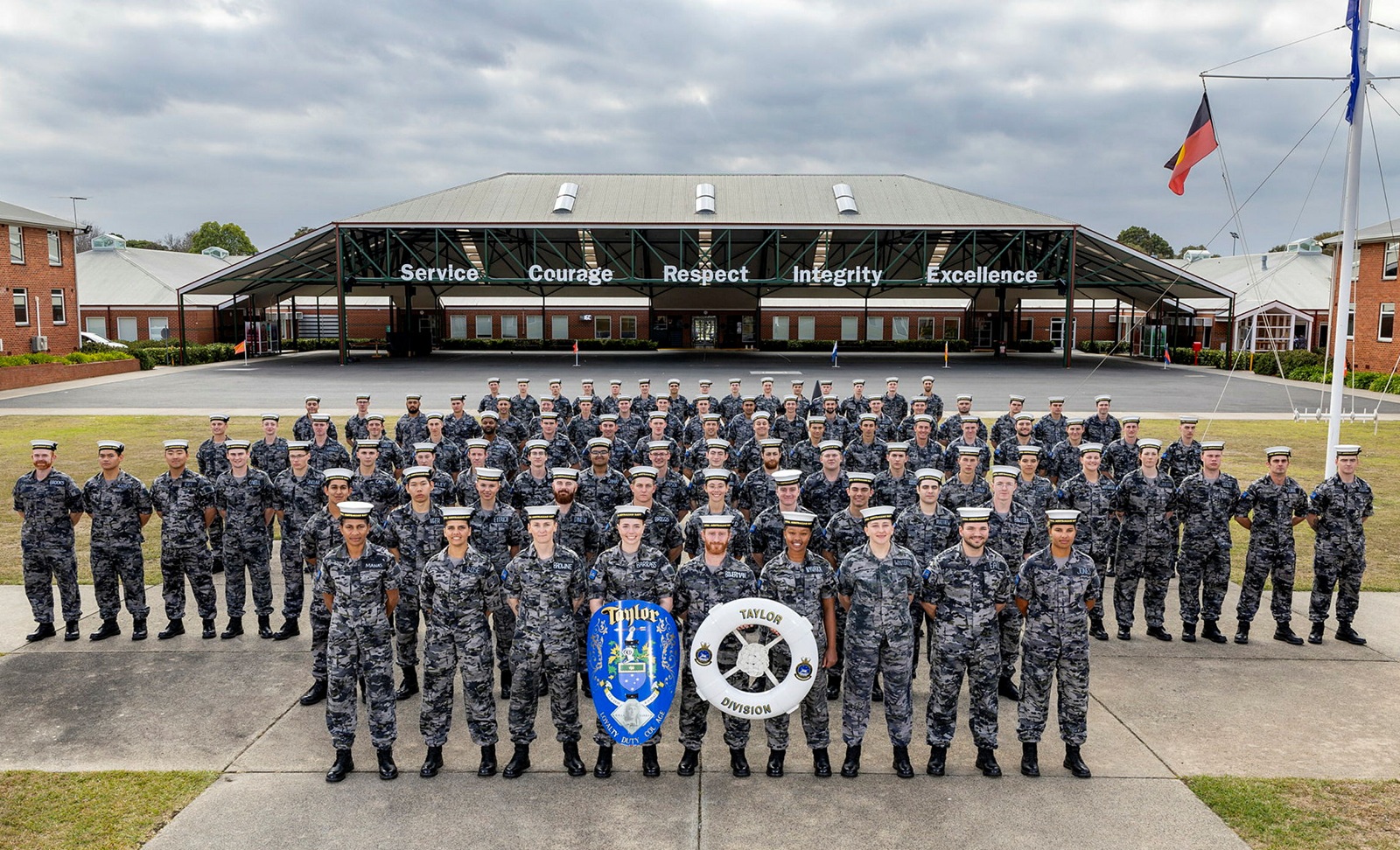
A new report says few ADF members going through the discharge process are treated with the same loyalty and respect they are expected to embody while in service. Photo: ADF.
A new nationwide study has found that service members being discharged from the Australian Defence Force (ADF) have expressed widespread dissatisfaction with their separation experience.
Led by Australian Army veteran, clinical psychologist and Flinders University PhD candidate Cameron Grant, the study analysed responses from nearly 400 former ADF members and was published in Frontiers in Psychology.
The article, entitled Fallout: the psychosocial harms of negative military discharge experiences, found that many veterans had felt disrespected, mistreated, or even abused during their discharge and separation from the ADF.
“The discharge process represents a complete severance of all military status, which can be extremely challenging in and of itself, but if that process is also unpleasant it can lead to serious and long-term psychological consequences,” Mr Grant said.
“The vast majority of veterans described a negative discharge experience, and many perceived this mistreatment as personal betrayal and a sign of rejection from their once-trusted military family.
“Military service and the identity that comes with it often becomes the primary pillar of a member’s self-concept, shaping their beliefs, behaviours, and social interactions.
“When the military mistreats someone during discharge, it violates values such as trust, integrity, respect, and teamwork that they were made to uphold during their time serving.
“This can lead to them feeling betrayed and rejected by the very institute they have revered.”
The study found that during discharge, some veterans described overt abuses of power and objectively harmful actions, such as finding their belongings packed up and removed from base and being marched off base without notice or means of travel.
Others said they were denied the chance to farewell their unit or were excluded from recognition entirely.
“Even seemingly minor transgressions during discharge can create a profound and lasting sense of betrayal and rejection, making adjustment to civilian life incredibly challenging,” Mr Grant said.
This research builds on the Royal Commission into Defence and Veteran Suicide, the final report of which was handed to government in September 2024 by Commissioner and former NSW assistant police commissioner Nick Kaldas.
The report found that when service members leave the military, the sense of loss of identity, purpose, and belonging contributes to veteran suicide.
“Our research provides preliminary evidence suggesting that transition-related identity losses may occur not only after they have left but during the discharge process itself, while a member is still technically serving,” Mr Grant added.
“We invest significant resources into supporting veterans after they leave, and that’s important.
“But if the harm begins during discharge, then we’re stepping in too late and we’re treating the symptoms, not preventing the injury.”
The research adds to growing concerns over military discharge processes and highlights the urgent need for reform to prevent long-term psychological harm.
Psychologist and senior researcher on the paper, Professor Lydia Woodyatt, said the discharge process should be seen as an opportunity to farewell veterans in a way that helped set them up for a successful future outside of the military.
“Our findings highlight that a positive discharge experience could be the difference between a smooth transition to civilian life or a difficult adjustment,” she said.
“Whilst there have been advances in helping veterans transition to civilian life and in addressing service-related mental health issues and suicide, there is still much to do.”
Promising “real, meaningful and enduring reform for Defence personnel, veterans and families”, in December 2024 the Federal Government undertook to conduct comprehensive reform to the culture, systems and processes across Defence, the Australian Defence Force (ADF), and the Department of Veterans’ Affairs (DVA) to prevent suicide and improve the mental health and wellbeing of serving personnel and veterans.


